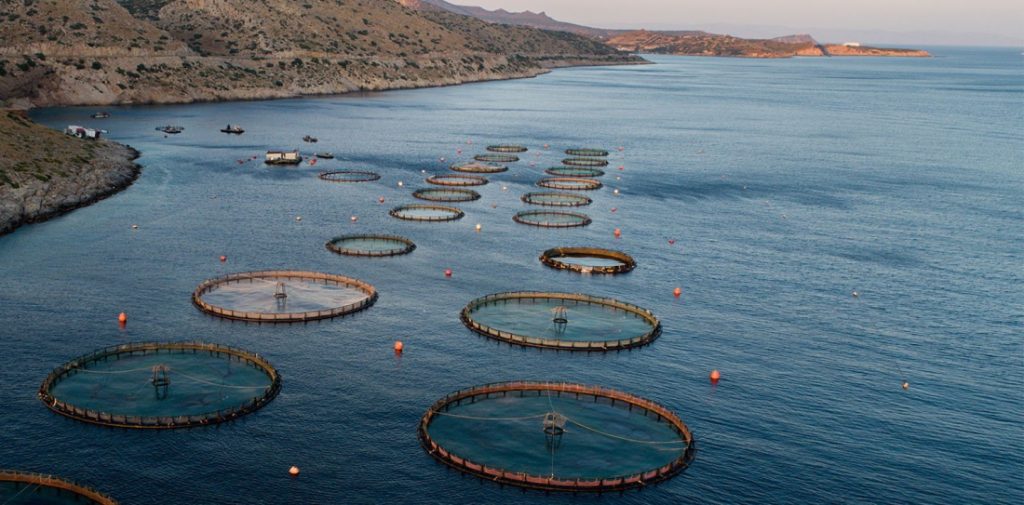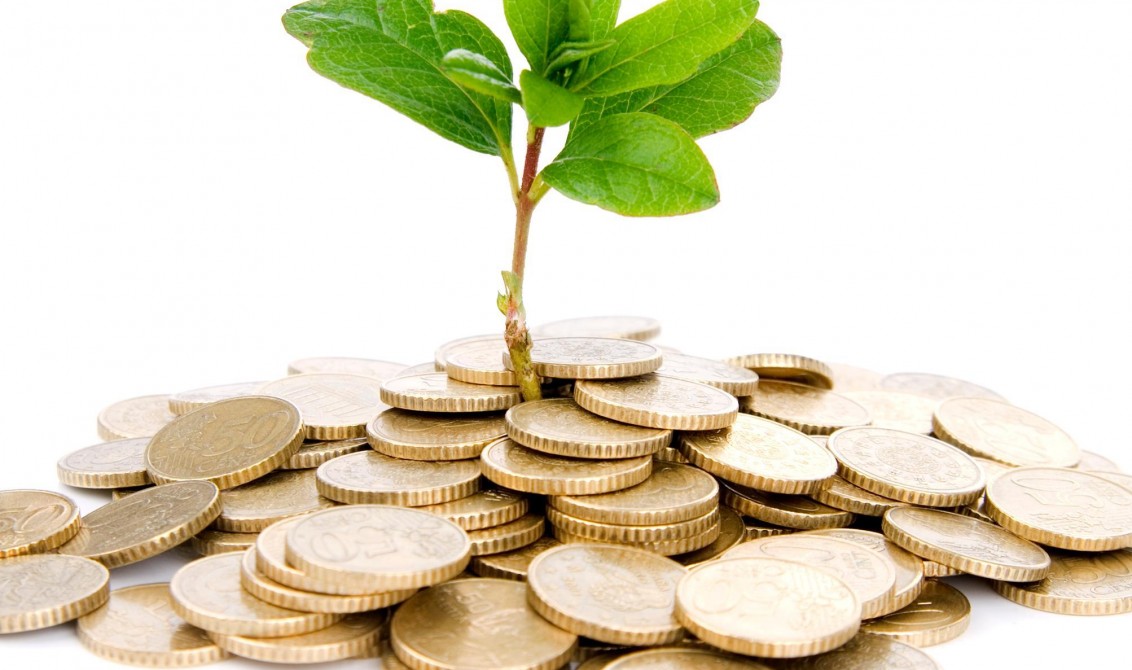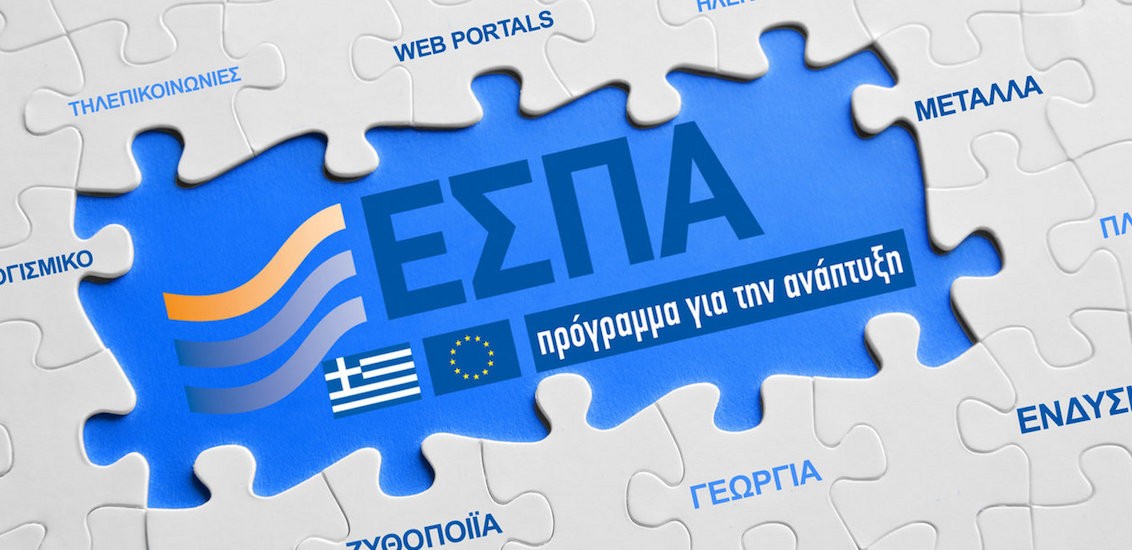
The European Parliament (EP) has given the green light for financial assistance to the European Union's fisheries and aquaculture sectors to deal with the economic consequences of the Russian invasion.
MEPs by 620 votes to 10, with 9 abstentions endorsed the agreement reached by EP negotiators with EU governments to provide financial support to the EU's fisheries and aquaculture sectors. The aim is to mitigate the consequences of the war.
The measure will support fishermen who have had to cease their activities due to the war in Ukraine. Also producers and enterprises of fishing and aquaculture whose activities were disrupted due to the Russian attack. MEPs agreed with the Council to amend the proposal. This is to include businesses and producers whose economic viability was affected by the war in the manufacturing sector.
Member States will be able to adapt the rules and use the remaining available resources of the European Maritime and Fisheries Fund (EMFF) for the 2014/20 programming period. The compensation will cover the lost income of providers and producers. Also the additional costs involved in the war, such as rising prices for energy, raw materials and fish feed.
The aid will be granted retroactively from 24 February 2022. That is, from when the Russian offensive began, with a cofinancing rate of 75%.
Declarations on compensation in the fisheries sector
"The funding package allow the use of additional crisis response measures to support the fisheries and aquaculture sectors in the context of the Russian invasion of Ukraine. In particular, funding will be made available to compensate for additional costs, loss of income and storage of products, as well as for the temporary cessation of fishing activities. As regards the latter measure, thanks to the European Parliament, the aid will be extended to companies that cannot temporarily continue fishing due to financial constraints," EP rapporteur Nuno Melo (EPP, PORTUGAL) said after the vote.
Next steps
After approval by the plenary, the EU Council of Ministers will have to formally adopt the agreement. The agreement will enter into force after its publication in the Official Journal of the EU.
Additional information
In 2019, the EU fishing fleet employed 129,540 fishermen and consisted of a total of 73,983 vessels. Aquaculture employed around75,000 people. The manufacturing industry comprised around 3 500 enterprises. Part of the EU fleet. has ceased its activities due to the decline in profitability and the increase in the price of marine fuel and fish feed as a result of the war. The supply chain and market disruption have led to shortages. Shortcomings that have become noticeable in the fish farming and processing sectors.




